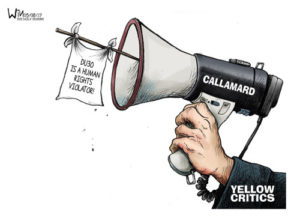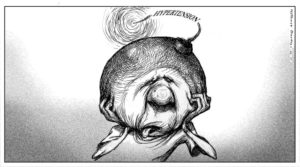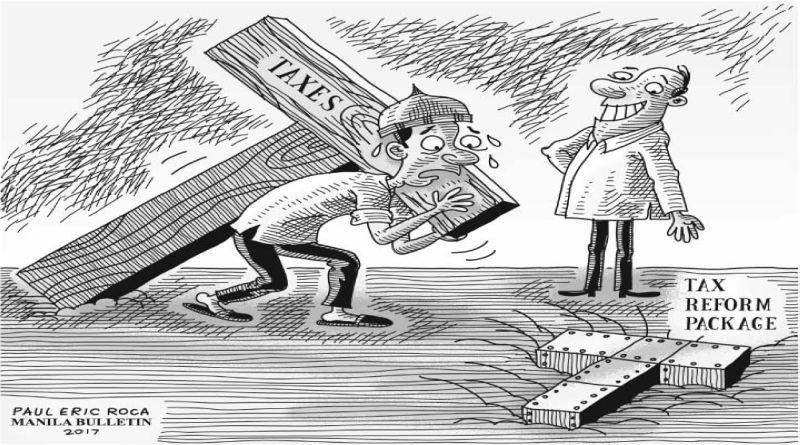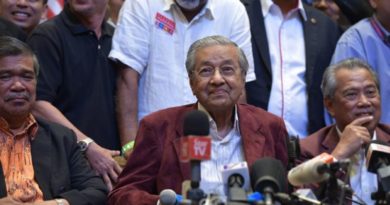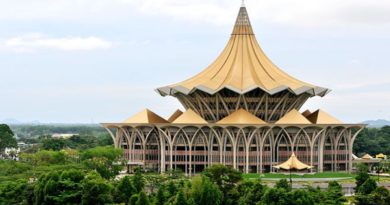‘Tax reform’ package facing opposition
The House of Representatives Committee on Ways and Means approved last Wednesday the proposed Comprehensive Tax Reform Package of the administration by a vote of 17 for, 4 against, and 3 abstaining. It now goes to the House plenary for discussion.
The hope is that Congress – the House and the Senate – will be able to approve the bill, House Bill (HB) 4774, before it adjourns June 3 so that the new law can take effect on January 1, 2018. The Duterte administration is pinning its hopes on the increased tax collection the bill hopes to achieve, so it will have the funds it needs for its massive infrastructure program.
It is called a “tax reform” bill mainly because it seeks to bring down individual and corporate income tax rates to more realistic levels. So many employees today pay an income tax of 32 percent; it will be brought down to 25 percent. The tax on big executives earning millions will go up from 32 to 35 percent.
To make up for the expected drop in tax collections because of these adjustments, the bill calls for new and increased taxes on a host of items and this is where many legislators object to the term “reform” for these provisions. These provisions are anti-poor, according to Sen. Ralph Recto, Ako Bicol Rep. Rodel Batocabe, Cooperative Network Rep. Anthony Bravo, and Bayan Muna Rep. Isagani Zarate, who have announced they will speak up in the coming debates in the House.
Among these new impositions is a tax on diesel, which will be initially P3 per liter, going up to P5 in 2019, then P6 in 2020. Diesel is widely used in buses and freight trucks, so a diesel tax will inevitably lead to higher transportation fares and higher prices of trucked consumer goods. The same P6 tax would be imposed on kerosene and liquefied petroleum gas (LPG), which are used in most homes, and on bunker oil, which is used for producing electricity.
Another provision of the bill removes VAT exemptions for cooperatives. Cooperatives are enterprises not intended for profit-making like corporations, one congressman said. The new tax bill would affect millions of cooperative members who are mostly poor people in the rural areas.
Even administration lawmaker Rep. Arnulfo Teves Jr. of Negros Occidental has spoken up against the “tax reform” bill, calling it “deceptive.” “Before we start imposing additional taxes,” he said, “we should first improve our collection on present taxes and duties due the government.”
Because of the proposed tax provisions that are deemed anti-poor, the debates in the House and the Senate are expected to put off early approval of the bill. Thorough discussions should result in a more equitable tax law that will pay a little more consideration to the poorer sector of the Philippines, while raising the funds needed for the national government’s development plans, particularly its infrastructure program.



